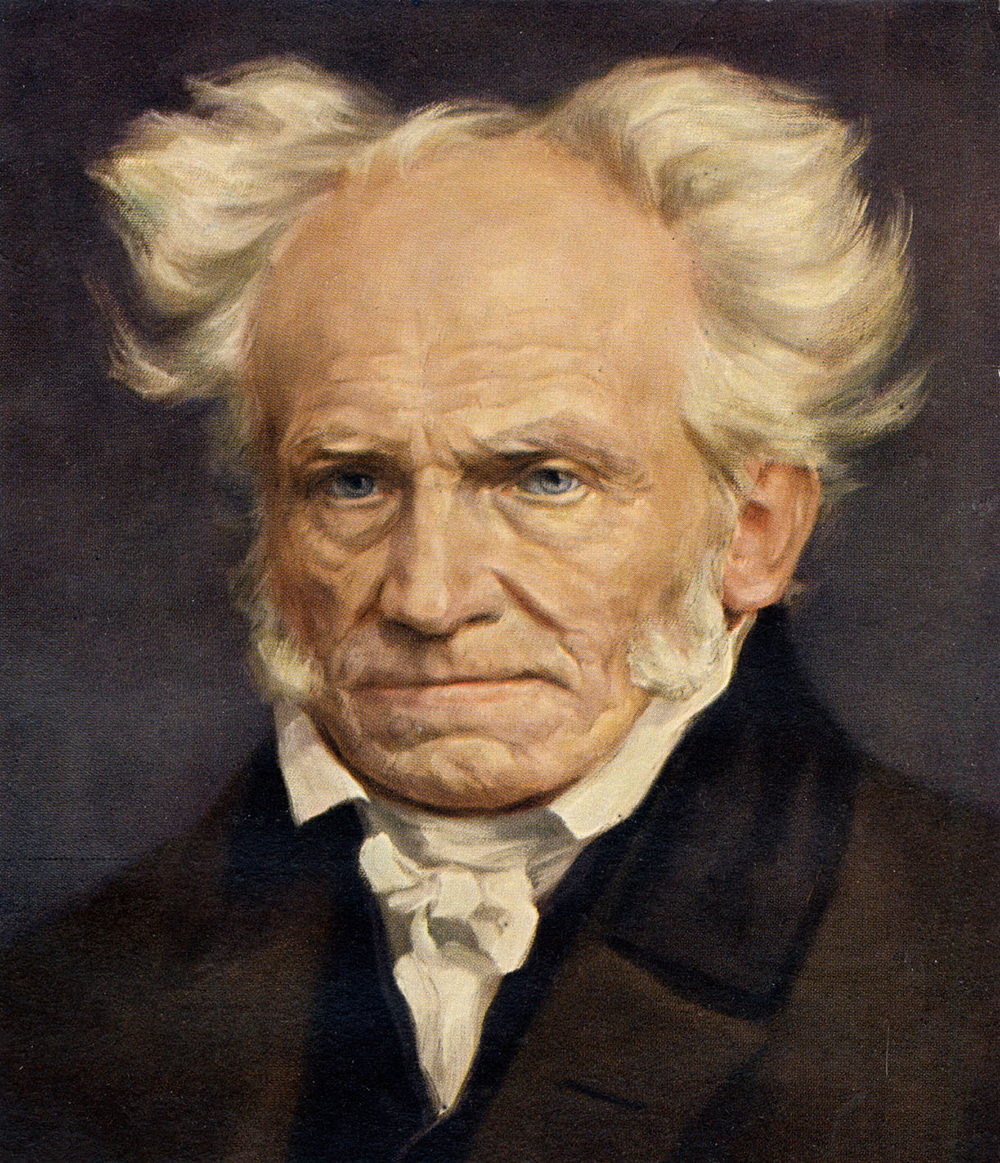Why do single-issue campaigners oppose solutions to their problems? Once you become aware of ‘not invented here’ syndrome, you start to see it everywhere: climate change activists lobbying against nuclear energy, anti-smoking campaigners campaigning against e-cigarettes, anti-obesity campaigners complaining about weight loss drugs. There are even some anti-alcohol campaigners who want to clamp down on alcohol-free beer. Whenever innovation steps up to provide a practical solution to a serious problem, it is those who should be most delighted about it that put up the most resistance.
This all seems self-defeating until you realise that these campaigners already had a solution in mind which they are more interested in implementing than in actually fixing the problem. They have an institutional preference and they don’t want it to be derailed by outsiders. If the campaigners didn’t invent the solution, they don’t approve of it.
The anti-industry rhetoric is usually a cover for deeper moral objections that are not based on science
To be fair, not all single-issue campaigners are against innovation. Most public health groups in the UK are broadly in favour of e-cigarettes. Plenty of anti-obesity campaigners recognise that the new generation of weight-loss drugs could be game-changer. And yet, looking at other issues, for example, Greenpeace is firmly against genetically-modified crops, the World Health Organisation is vigorously opposed to vaping (and not keen on zero-alcohol drinks) and nuclear power production is banned outright in some countries.
If there are divisions within each of these interest groups, it is because activists get involved in causes for different reasons. Extinction Rebellion might be attractive if you want the government to show more urgency in cutting greenhouse gas emissions, but it might also appeal to you if you dislike consumerism and want de-growth. Similarly, a person might join an anti-tobacco or anti-alcohol group because they feel passionately about other people’s health, but they might just be a fun sponge who objects to people enjoying themselves. Some of them might simply be opposed to multi-national companies making money.
‘Not invented here’ syndrome is the subject of a new discussion paper published by the IEA, which looks at six case studies of pragmatic solutions which have been rejected by campaigners who have spent years fighting for a different solution. The problem is that the ‘solutions’ they propose would be either ineffective (e.g. banning alcohol advertising to tackle alcoholism), unrealistic (e.g. redesigning towns to encourage physical activity) or disastrous (e.g. overthrowing capitalism to save the planet, trying to feed eight billion people with organic food, introducing tobacco prohibition). What these activists have in common is that they want to radically overhaul society and make people dramatically change their lifestyles. Since most people don’t want to do this, these activists spend their time calling on the government to force them to do so.
By contrast, the pragmatic solutions these campaigners have rejected offer a way to solve or greatly alleviate the problem in question without upending society and making people fundamentally change how they live. As Zion Lights – one of the authors of the paper, formerly of Extinction Rebellion and now a pro-nuclear activist – says, the ultimate goal of many climate change activists, for example, is for everybody to massively reduce how much they travel and consume. If we rely solely on renewable energy – as campaigners suggest – they will have little choice but to do this, but if we pragmatically scale up nuclear power, we will have abundant energy and the transition to a low-carbon economy will be less onerous. Similarly, cigarettes could become obsolete without any of the damage associated with prohibition if the government allows low-risk nicotine products to flourish.
It is notable how many of the activists in our case studies define themselves as being anti-industry. Big Food, Big Tobacco, Big Alcohol, Big Pharma and even Big Farmer are the villains of the piece. Once an activist develops an animus for an industry, there is a tendency to oppose anything that might benefit it. Building more houses becomes suspect because it would line the pockets of housing developers. Tackling obesity with weight-loss drugs becomes objectionable not only because it would increase the profits of Big Pharma but because – to quote the Guardian – it would ‘let junk food companies off the hook’.
But the anti-industry rhetoric is, I suspect, usually a cover for deeper moral objections that are not based on science. Indeed, they are often anti-science. At the heart of the dispute between pragmatists and idealists are conflicting visions of the good life. Some environmentalists want to enjoy the benefits of modernity without pumping so many greenhouse gases into the atmosphere. Other environmentalists romanticise the pre-industrial world of organic farming and minimal consumption. Some public health campaigners are happy for adults to use mild stimulants or intoxicants but would like to reduce the risks associated with them. Others see them as vices to be eradicated.
Despite having very different ideas of what the final destination is, these people seem the same when they are moving in the same direction. It is only when a new road opens up that you can tell them apart.







Comments